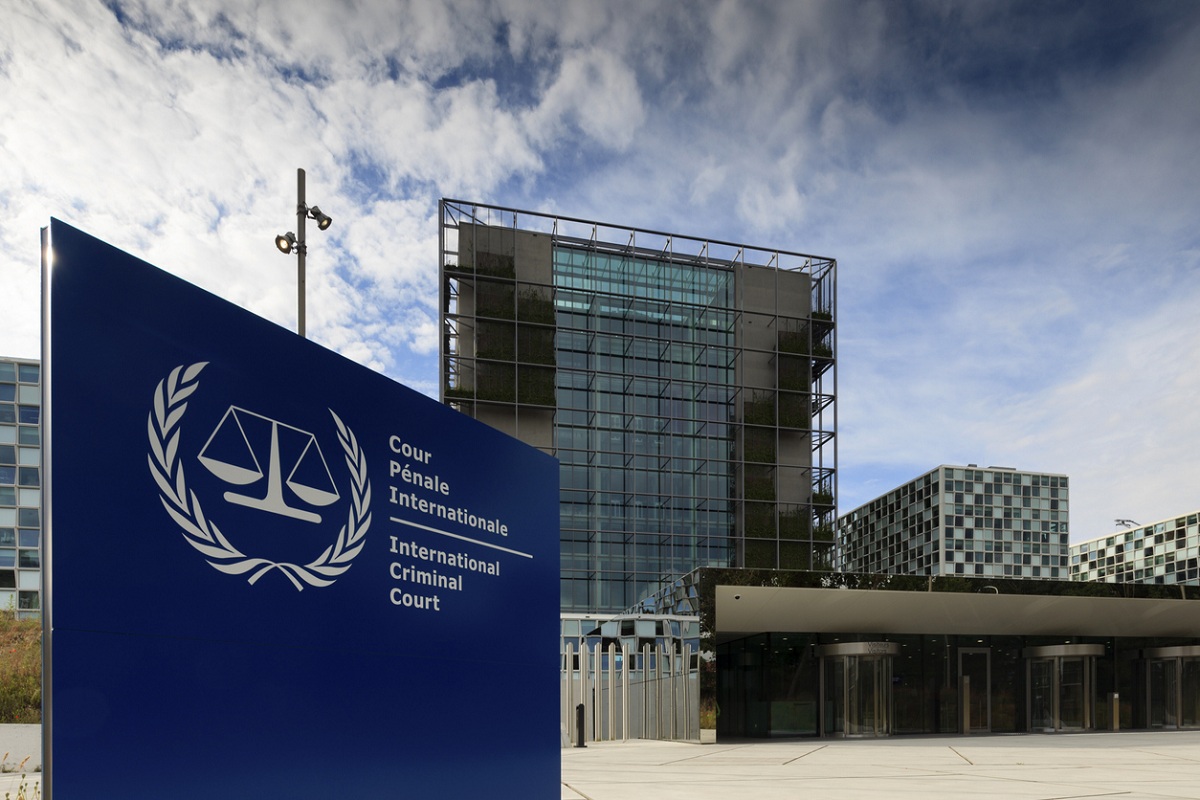The initiative was not wholly unexpected. The Trump administration has over the weekend imposed a cache of sanctions on the venerated International Criminal Court. More basically, the Trump administration’s assault is an attack on a valuable and necessary institution, verily an attack on human rights per se and on the victims who have endured horrific abuses in different parts of the world.
The inherent contradiction is unacceptable; sanctions are being imposed not on those who commit atrocities, but on those who investigate such crimes. It is time for the White House to reflect on the utility of a court, the ICC or any other.
Advertisement
The White House decision to target members of the international body charged with prosecuting individuals for war crimes, crimes against humanity and genocide is motivated primarily by the ICC’s investigation into abuses by multiple actors, including the US, in the war in Afghanistan.
“We’re also gravely concerned about the threat the court poses to Israel,” is the somewhat contrived alibi of the US Secretary of State, Mike Pompeo. The ICC is scheduled to rule very shortly on whether it has jurisdiction in the occupied territories after Fatou Bensouda, the chief prosecutor of the ICC, said that her preliminary investigation into actions by Israeli forces and Palestinian armed groups had satisfied her that war crimes “have been or are being committed”.
The implications of Trump’s executive order are profound and with a robust economic underpinning. In the main, it authorises the freezing of assets and visa bans against court officials, their family members and those who help them. The administration’s bad faith is underlined by its smearing of the court with accusations of corruption ~ decidedly contemptuous even at the mildest estimation.
The ICC draws its legitimacy from the broad support for its establishment, with 123 member states. The US signed the Rome Statute, which created the entity, but never ratified it precisely because of the prospect of US citizens being charged. The Obama administration did at least assist ICC investigations. But US ambivalence towards the court took a sharp turn once Mr Trump was elected. This is scarcely surprising, given his hostility to multilateral institutions and indifference to human rights.
The US had tried to bully the court into ending the Afghanistan inquiry, revoking Ms Bensouda’s visa last year. Despite that, judges authorised a full investigation in March ~ the first time the ICC has given the go-ahead to investigating US forces. It has jurisdiction because Afghanistan is a member state, even though the US isn’t. US citizens who commit crimes in other countries are subject to the jurisdiction of foreign courts.
There is no reason that they should not be subject to the ICC, a court of last resort. Finally, Americans must ask if their President is competent to lecture others on human rights and answer the question a few months hence.











